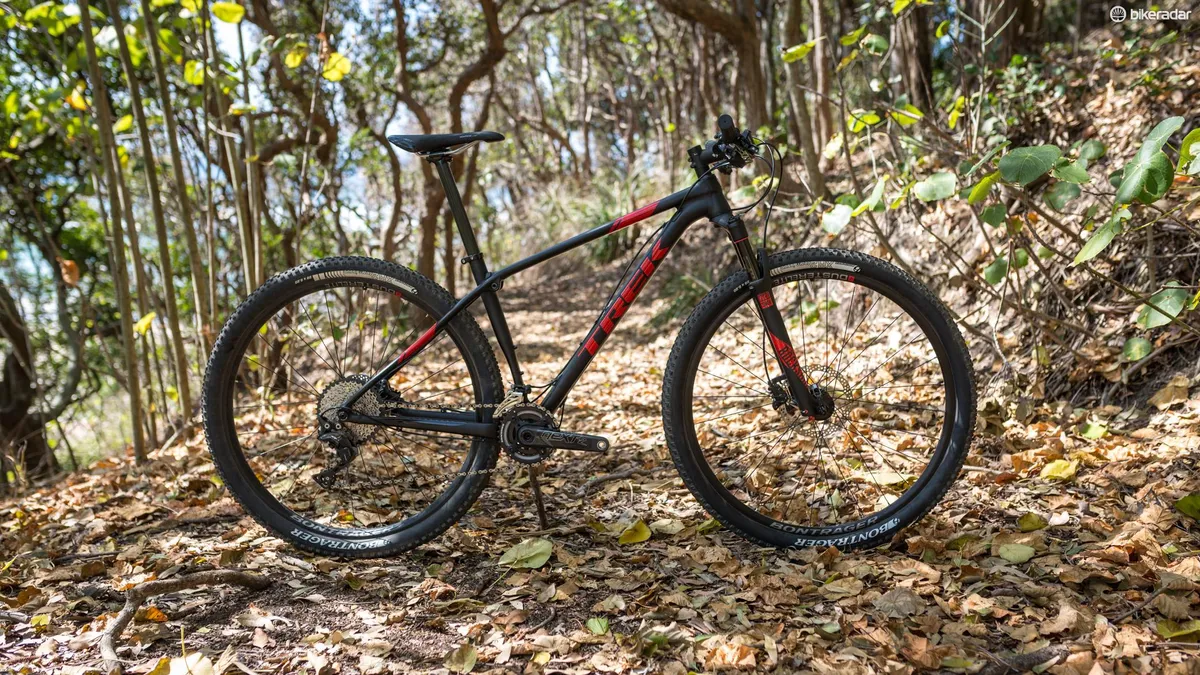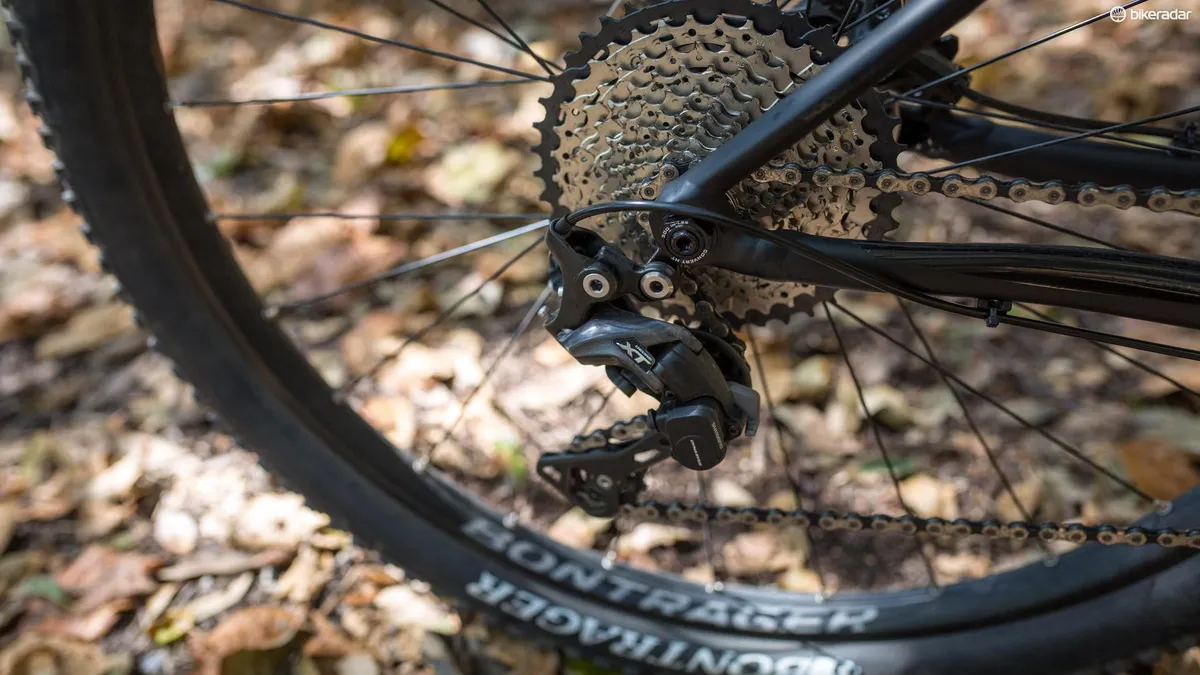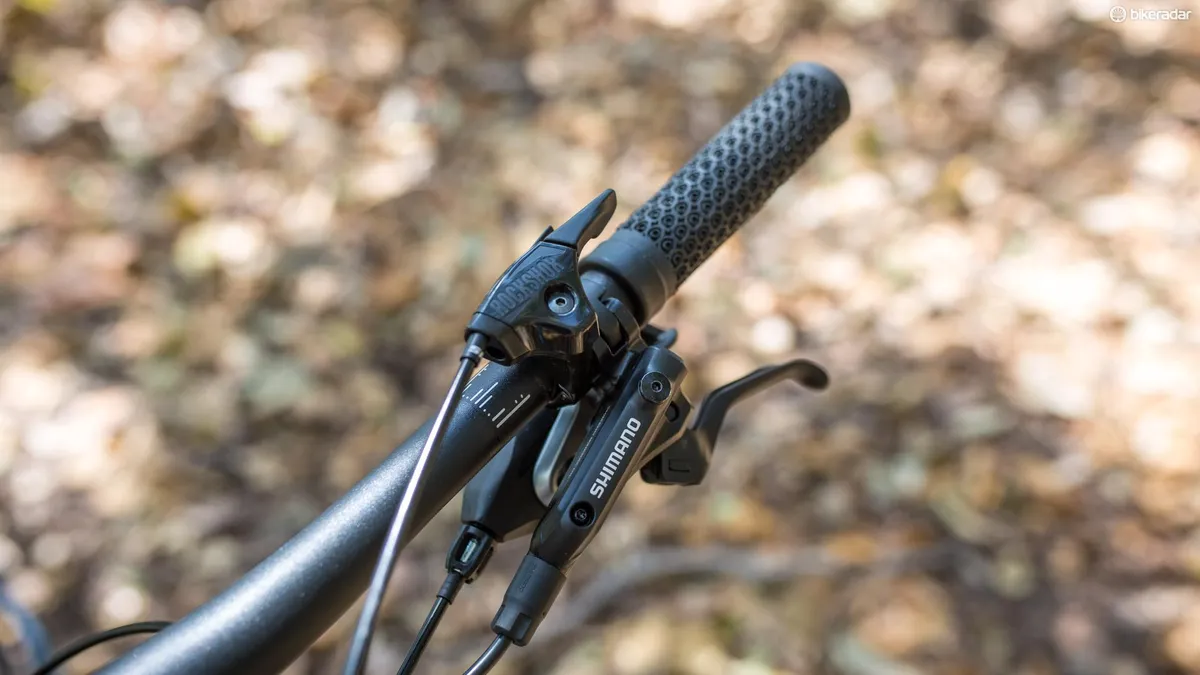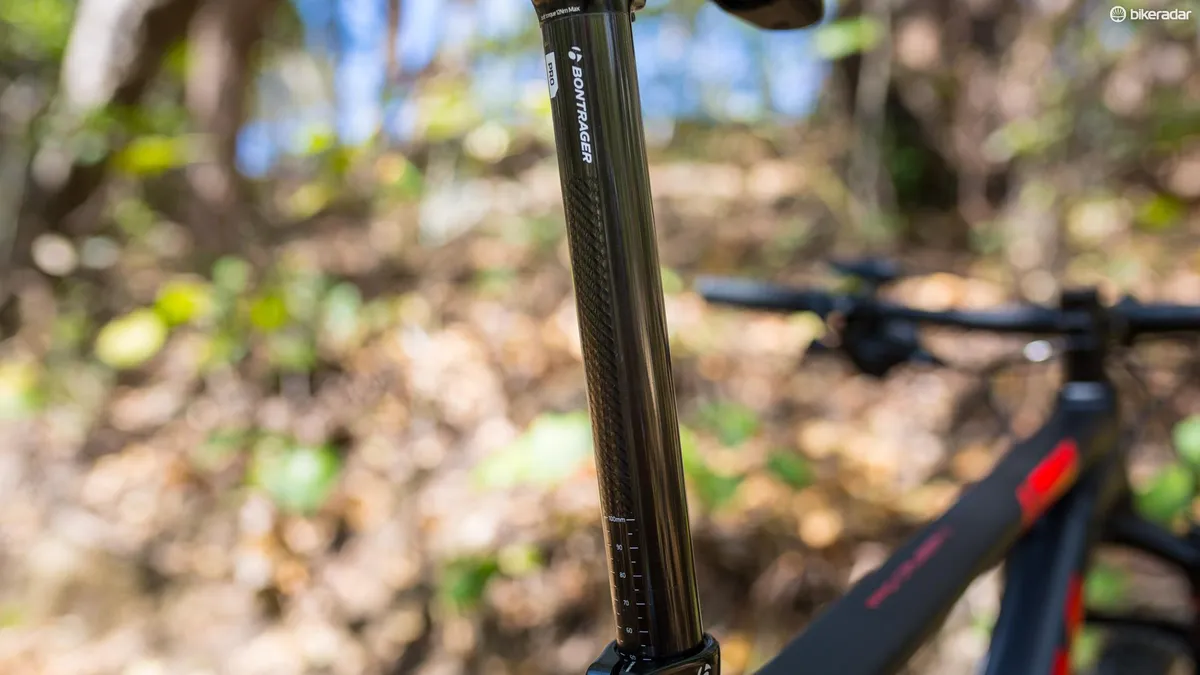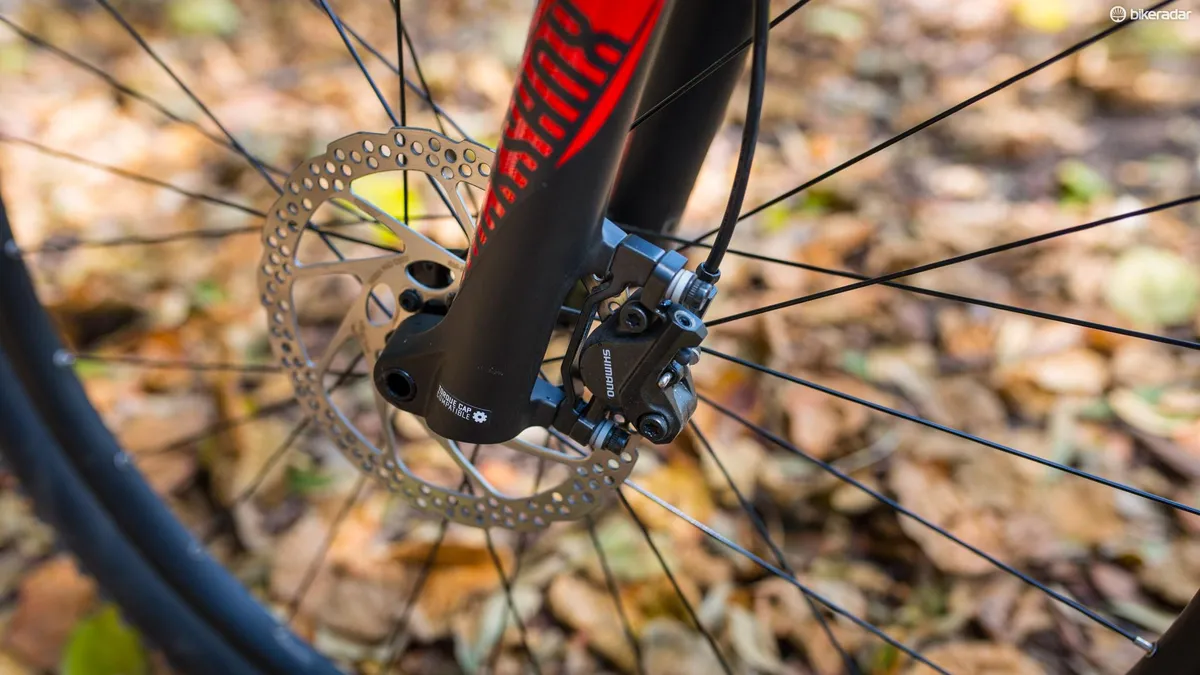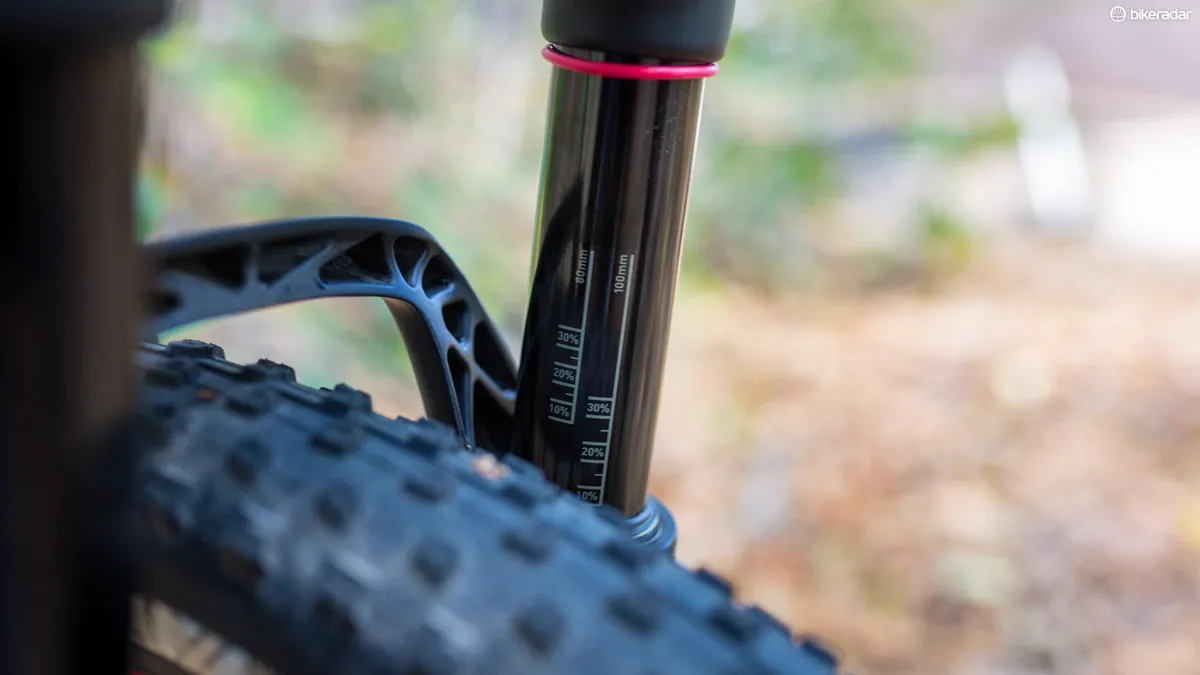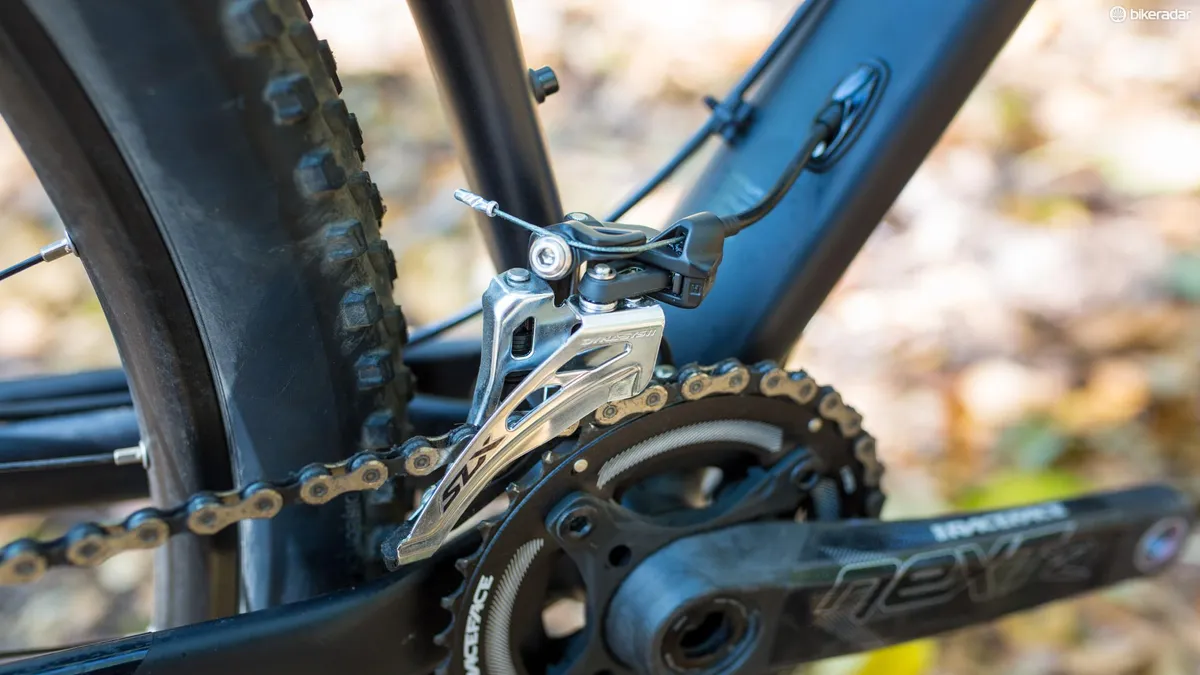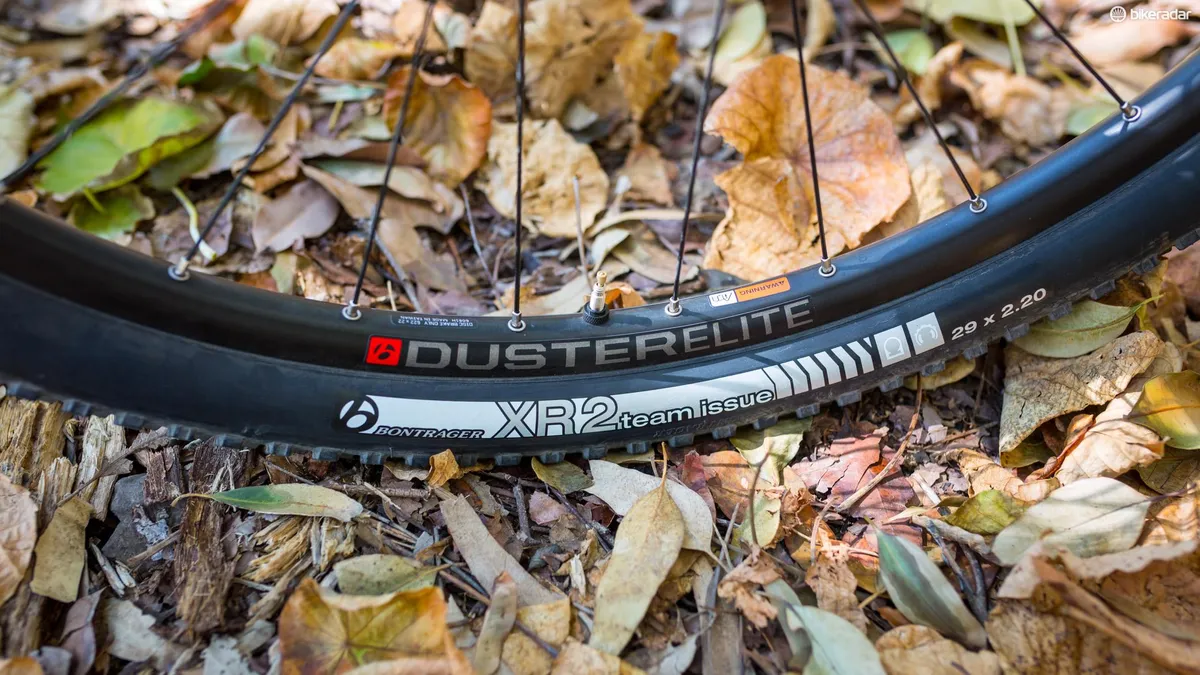Trek is adamant that the Procaliber is not a soft tail. There’s no rear suspension to speak of nor elastomers. Instead, Trek has adapted its IsoSpeed decoupler into the XC hardtail's frame.
- Softtail shootout: BMC Teamelite vs Trek Procaliber
- Best mountain bike: how to choose the right one for you
- Trek Procaliber 9.7 SL review
Previously, the IsoSpeed decoupler was reserved for the pricey 9-series carbon fiber models, however, a few months back Trek revealed it was trickling the bump-eating technology into the more reasonably priced alloy frames.
The Procaliber 8 is the highest spec alloy version of the frame and, without bottle cages or pedals, it tipped our scales at 11.63kg /25.63lbs — not super light, but not all that heavy either.
A not so hardtail
Replacing the normally fixed joint where the top tube meets the down tube, the IsoSpeed decoupler is essentially a pivot that allows the seat tube to flex independently of the rest of the frame. As Trek puts it: “increasing vertical compliance without compromising pedalling efficiency.”
As we’ve previously reported with the higher-end carbon Procaliber, and Trek’s road bikes for that matter, the decoupler definitely adds some tangible softness to the rear end. So how does it translate to the alloy frame?
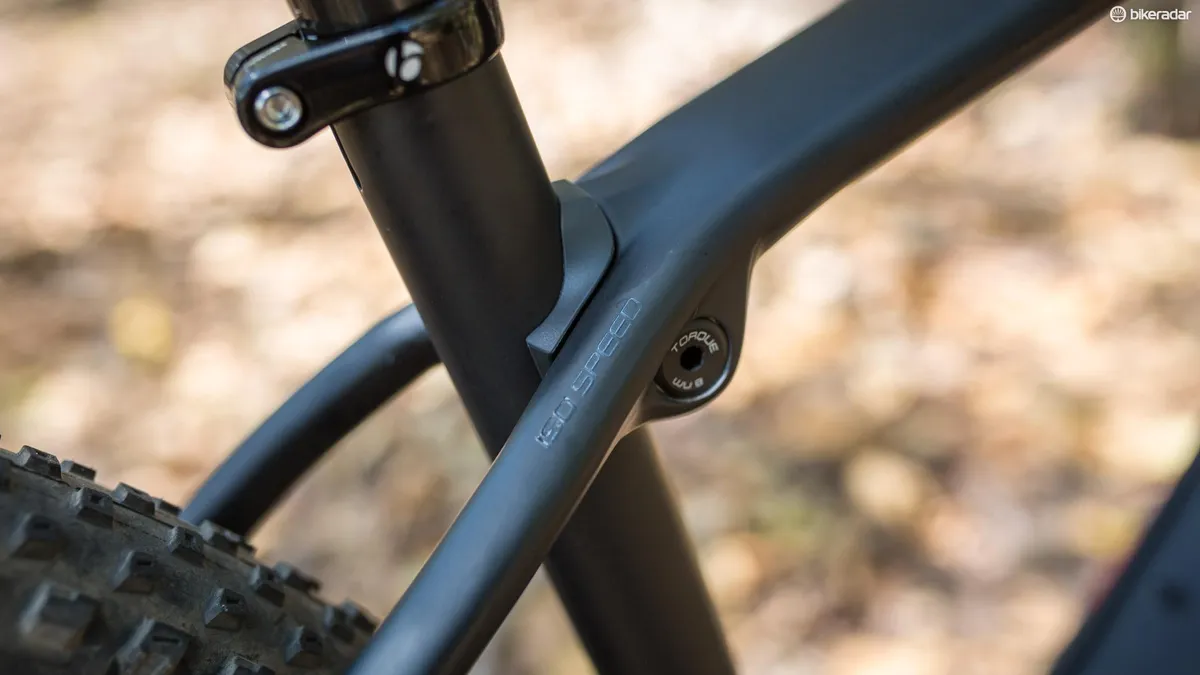
Pretty damn well!
Aluminum manufacturing has come a very long way since the bruisers of old, and engineers can shape and tune the tubing almost to the same level as carbon.
Down near the bottom bracket the seat tube has a cutout resembling what you’d expect to see on an aero road bike. I honestly doubt there’s any wind cheating advantage here, instead this is where the tube is tuned to flex and soak up some of the trail noise.
With that, you only get the benefit of the decoupler while you're seated, unlike something like the BMC Teamelite which uses an elastomer in the seatstays to absorb bumps in any riding position.
It’s still a hardtail when you head for a rock garden or rough section, it’s still going to ping off rocks same as any rigid frame will. The real value is the way the bike handles small bumps and general trail vibrations that would otherwise make their way up to the saddle.
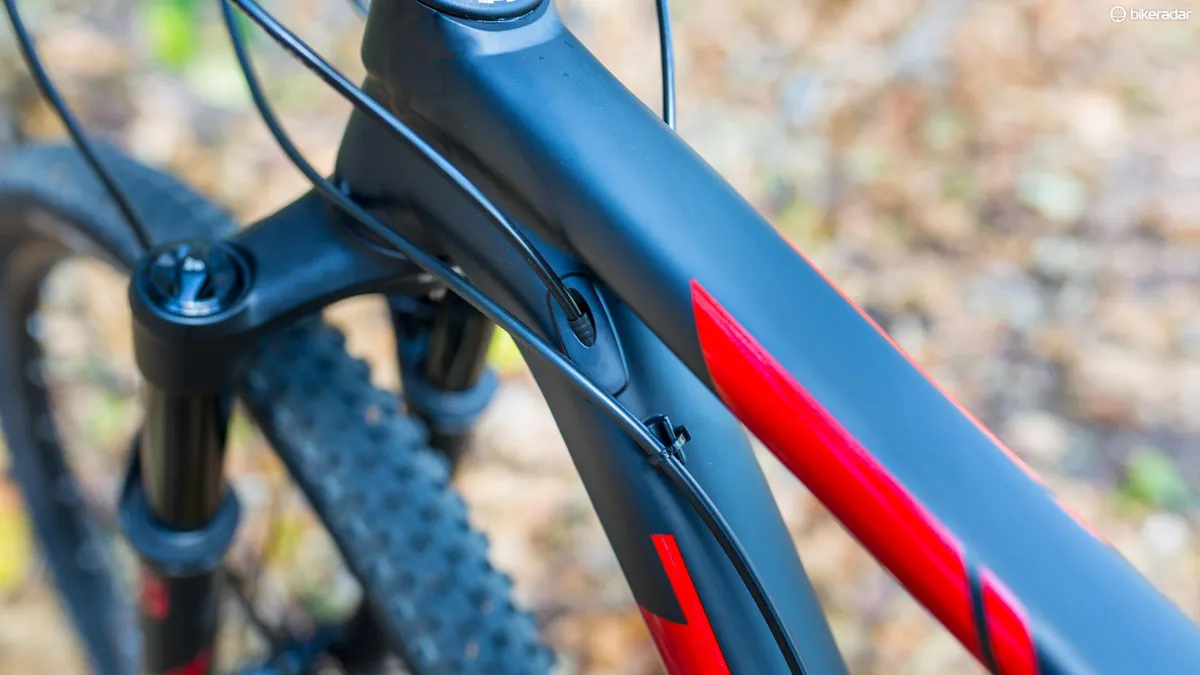
My local trail network is pretty rough and rocky, and on a hardtail it can really take its toll on your body, especially your lower back. While it’s still rough aboard the Procaliber, after a few hours riding I felt noticeably less beaten and bruised than usual.
We’ve previously noted on higher end carbon Procaliber frames that when the power is down at a grinding low cadence the seat would noticeably bounce underneath you. The Procaliber 8 doesn’t suffer this to the same extent, and I was only able to detect the slightest movement when I was focused on finding it.
With the vertical compliance relying on flex in the seatpost rather than the seatstays, the rear feels stiff and snappy, and no energy is wasted with increases in power.
This, in combination with the relatively compact 435mm chainstays makes the rear wheel feel as though it’s directly beneath your derriere, and the bike corners like a heat-guided missile, especially on tight uphill bends.
Modern XC geometry
The Procaliber is based around Trek’s G2 geometry and custom fork offset, which for my 18.5-inch test ride came in the from of a 69.3-degree head angle, 72.5 seat angle, stumpy 9cm head tube and low 31.1cm bottom bracket — slightly longer and slacker then its predecessor the Superfly.
Combined with the 100mm fork and a 51mm offset, the big wheeled Procaliber 8 was nimble at low speeds when things got technical, while still offering a stable, confident platform to attack corners and berms at high speed.
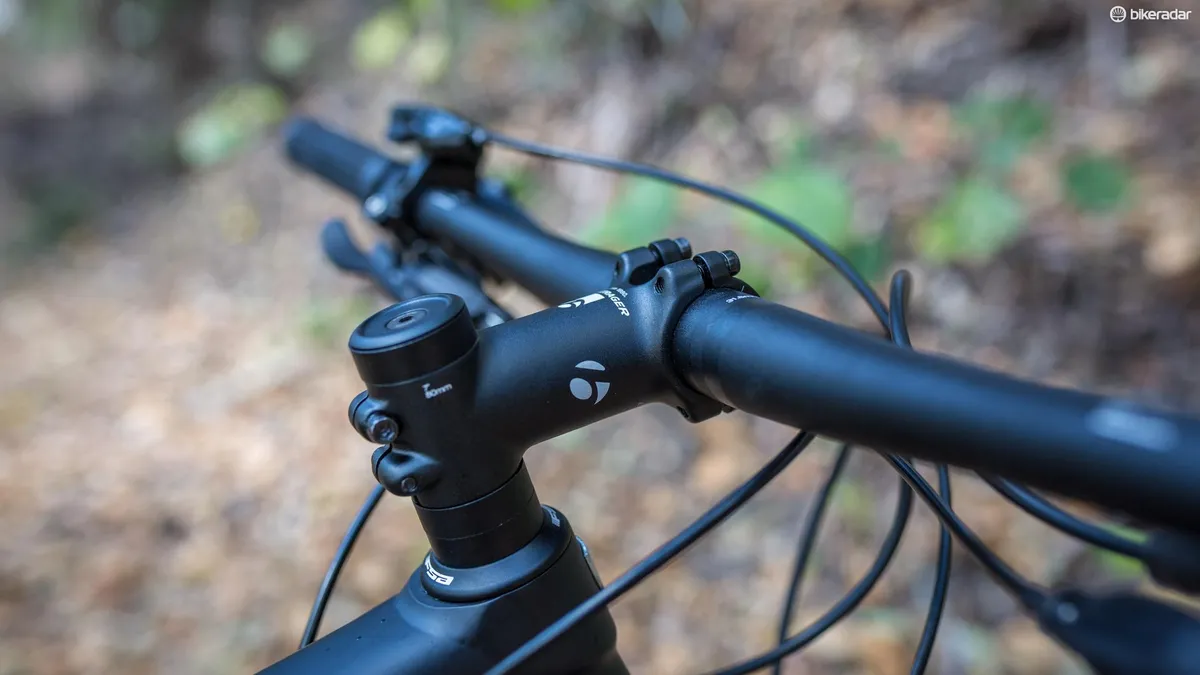
Based around Boost hub spacing, there’s no lateral flex to be found in the wheels, or the frame for that matter. I’m also quite happy to see Trek including the tubeless rim strips for the Duster Elite hoops in the box, all you need is valves and sealant for a quick tubeless setup.
Speaking of tubeless, the Duster rims combine with the Bontrager XR2 rubber snapped into place with a track pump and a bit of elbow grease on the first try — easy peasy. With uniform square knobs throughout, the XR2s are a fast rolling XC tire, they’re marked at 2.2-inch, but actually measured 2.36-inch mounted on the rim.
With the small knobblies they roll along almost effortlessly but there is a definite trade off when it comes to braking and cornering traction. If you throw something with a bit more substantial tread on the front, the XR2 would make for a fantastic rear tire.
At the front, the RockShox Reba RL, complete with a cable actuated lockout remote, has quite a stiff spring rate at the top of the travel. For racing this is ideal to prevent any loss of power, but without race plates something a bit more supple is appreciated.
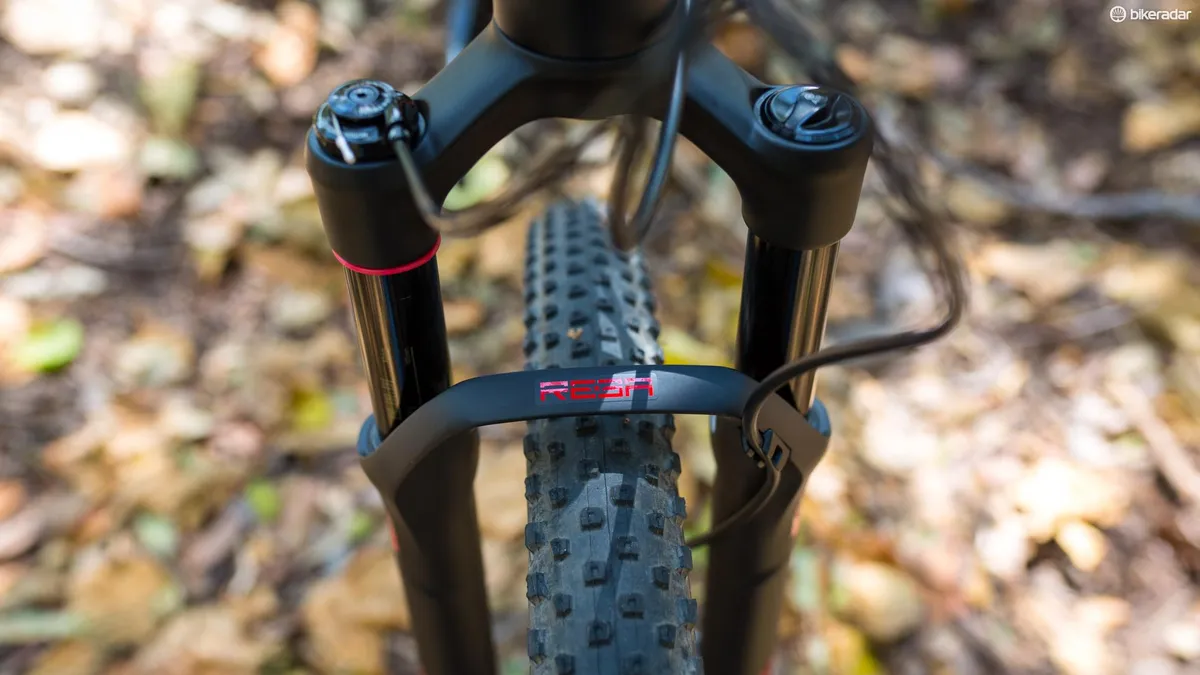
The drivetrain is a mix of Shimano SLX and Deore XT parts, with a 2x Race Face Next R crank at the front. The 36/26 front chainrings and 11-42 11-speed cassette provide oodles of range, though a 1x system would be a welcome upgrade.
We're happy to see Trek spec the Procaliber 8 with a 720mm bar and 80mm stem. Combined with the geometry it allows for an aggressive position while still providing plenty of leverage to muscle the bike around.
At the back, the carbon seatpost furthers the IsoSpeed decoupler's vibration damping work, and the Montrose Comp saddle seems to mesh well with my behind.
Final thoughts
Trek has done a fantastic job trickling the IsoSpeed decoupler down into the lower end alloy frames. When the bike first arrived I was a bit worried that its effect would be diminished due to the change in frame material, but it didn't take long for that to pass. This is not a case of me-too-ism, instead, Trek has worked to tune these lower end bikes to make the most out of this technology.
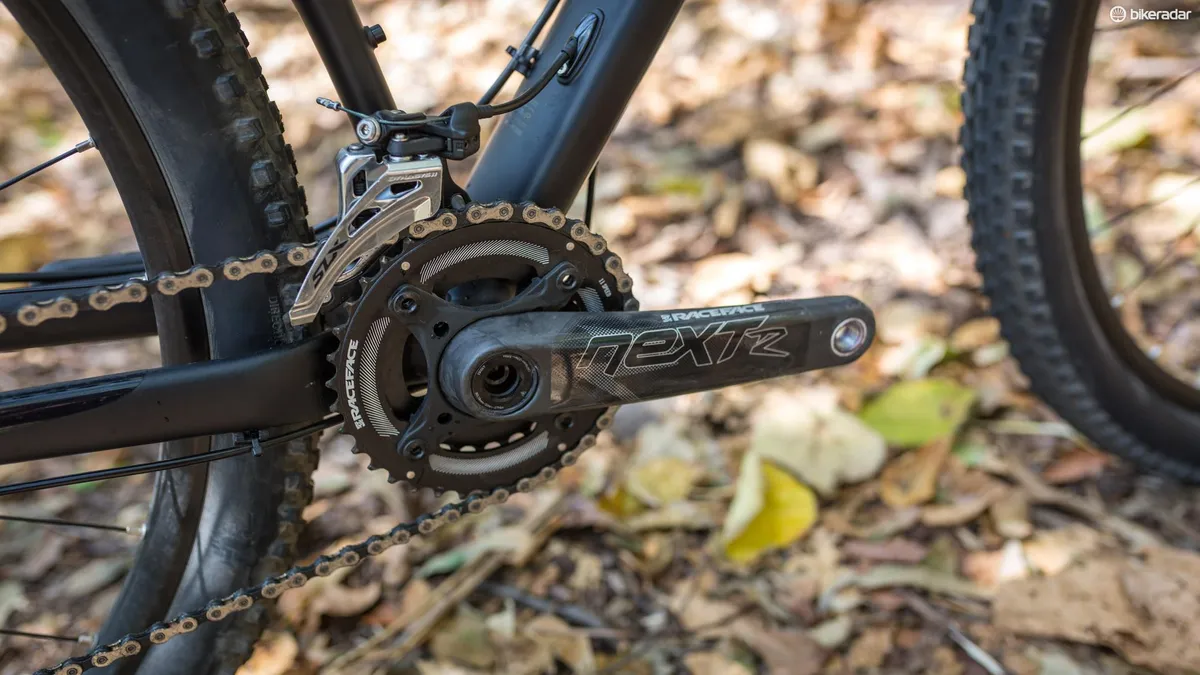
It's important to reiterate that this Procaliber 8 is still a hardtail, and while the decoupler does well to take the square edge off bumps, it's not a rear shock. It's also a moving part, and will have to be periodically serviced.
If you're looking to get into XC racing, or you're in the market for a lively and super efficient hardtail but don't want to fork out for a full carbon version, the Procaliber 8 is worth a look.

